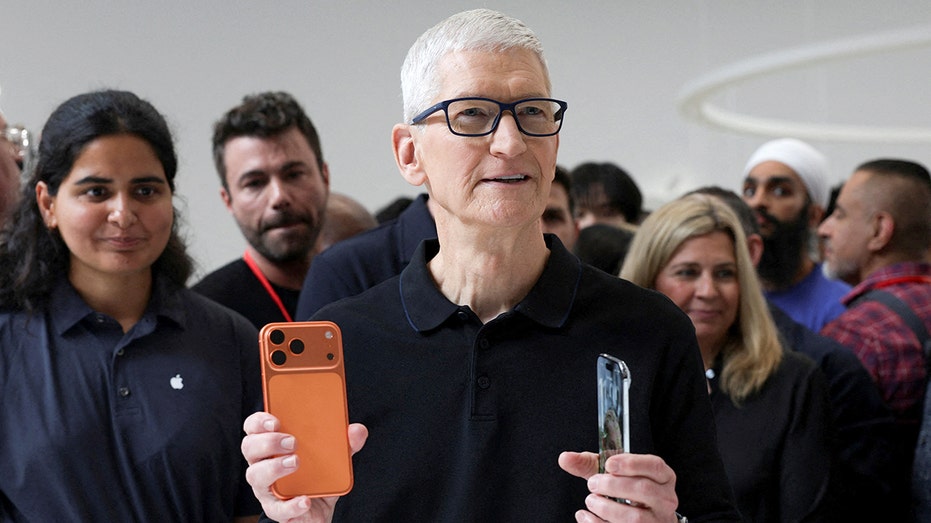Apple Announces Price Hikes Despite Tariff Relief, Emphasizing Premium Innovation

Apple’s latest flagship event showcased a sleek lineup of new devices, but the most notable news was the continued rise in iPhone prices amid ongoing debates over tariffs and inflation. Despite President Donald Trump granting the company a tariff exemption earlier this year, Apple decided to increase prices across its entire iPhone range, signaling a focus on maintaining its premium brand identity.
The new iPhone 17 series introduces several standout features, but the price tags reflect a shift toward higher-end offerings. The iPhone 17 Air, the thinnest model Apple has ever produced at just 5.6mm, starts at $999 for 256GB of storage—a $100 increase from last year’s most slender model. Apple highlights the Air’s lightweight design, made with recycled aluminum, glass, and titanium, along with innovative silicon anode battery technology promising all-day battery life, though specific hours remain unconfirmed. The device’s ultra-wide 48MP camera and a ProMotion 120Hz display are designed for superior photo quality and smoother visuals, respectively.
Meanwhile, the iPhone 17 Pro begins at $1,099, featuring a new unibody design reinforced with laser-welded vapor chamber cooling. Powered by the A19 Bionic chip built on 3nm architecture, the Pro offers improved efficiency and performance, along with a sophisticated camera system including a 48MP main sensor with ProRes support. Apple also introduced new finishes such as deep blue, cosmic orange, and silver, along with fashionable TechWoven cases and optional cross-body straps, blending technology with style.
The top-tier iPhone 17 Pro Max retains its position as the most expansive model, starting at $1,199 with a larger display and enhanced battery life claimed to be the best yet in an iPhone. It features the same advanced camera, durability coatings, and performance specs as the Pro, but on a grander scale, catering to creators and power users seeking the largest screen possible.
Apple’s standard model, the iPhone 17, now starts at $799 and offers many of the flagship features in a more compact form factor. It includes a 48MP main sensor, upgraded display coating, and a refined design, making it a compelling choice for everyday users.
Beyond the phones, Apple announced refreshed wearables, including the third-generation AirPods Pro with longer battery life, improved noise cancellation, and innovative health features like heart rate sensing and live translation. The Apple Watch Series 11 introduces new health monitoring capabilities such as sleep apnea detection and hypertension alerts, with a focus on medical-grade functionality, while the budget-friendly Apple Watch SE 3 and rugged Ultra 3 provide options for different user needs.
Apple’s accessory lineup also received attention, with new translucent cases, shock-resistant bumpers, and stylish TechWoven straps emphasizing the importance of personalization and protection. The new MagSafe battery pack aims to address concerns over battery life, extending video playback up to 40 hours when paired with the iPhone 17 Air.
Despite the tariff relief, Apple’s strategic price increases underscore its commitment to the premium market segment. As the company continues to push technological boundaries with durable designs and advanced camera systems, consumers are faced with higher costs but also cutting-edge innovations that blend style, performance, and health tracking into a cohesive ecosystem.




